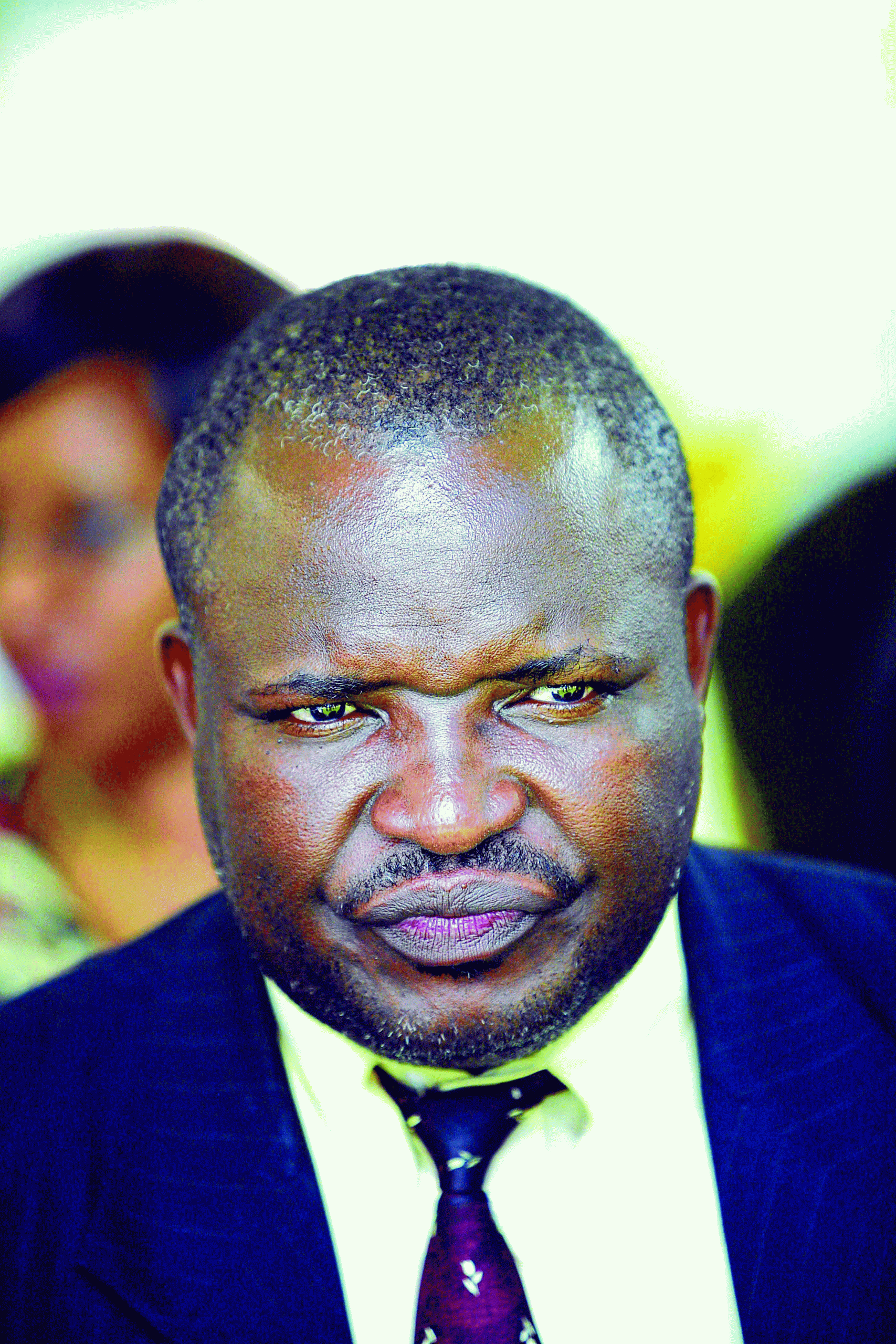
THE government’s attempt to offer free maternity care to expecting mothers is a noble idea but totally unsustainable under the current economic circumstances, health experts have said.REPORT BY JENNIFER DUBE Government hospitals and council clinics started offering free maternity services in July after receiving a circular from the Ministry of Health and Child Welfare.
But only two months down the road, health institutions have started issuing reports of diminished revenue, saying that government had not allocated additional resources to cater for the increased number of patients caused by the free care offer.
Health experts last week said while reviving free access to maternity care was a noble move, the current move was ill-timed.
Research Triangle Institute International (RTI) research director, Fortunate Machingura, said free maternity care was not supposed to be offered in isolation.
“It is not just about a pregnant woman being attended to without paying,” Machingura said. “It involves a lot of other things which are currently not being taken care of, for example staffing issues, availability of drugs and medicines and availability of such things as water and electricity.”
She said it was imperative for the country to revitalise primary health care in its entirety.
“It is currently almost impossible to do it because of the many things which are not in place,” said Machingura. “Imagine if a woman went to a hospital where there is no trained midwife, water or electricity. The free service will not mean much to her.”
Community Working Group on Health (CWGH) executive director, Itai Rusike said measures had to be put in place to ensure the move did not cripple institutions. “A mechanism should be put in place to cover that gap. The question we need to ask ourselves is who is going to pay,” said Rusike. “The move is a good thing if properly implemented in such a way that will not collapse the system.”
- ‘Zec refuses to release voters roll’…Mangwana, Silaigwana evasive
- In Full: Nineteenth post-cabinet press briefing: July 05, 2022
- Sables’ big night…face tricky tie against Ivory Coast
- Health talk: Be wary of measles, its a deadly disease
Keep Reading
The CWGH director said women in rural areas and the urban poor should automatically benefit under the programme while those who can afford should continue to pay.
Former Minister of Health and Child Welfare, Timothy Stamps said the move was a blunder which was not sustainable.
Minister of Health and Child Welfare, Henry Madzorera, who could not be reached last week, was recently quoted in the media denying ever sanctioning free maternal health care.
In June this year government said the number of women dying during delivery had increased in Zimbabwe from 725 deaths to 960 deaths for every 100 000 live births.
It is expected that free maternal health care will help reduce the deaths.











